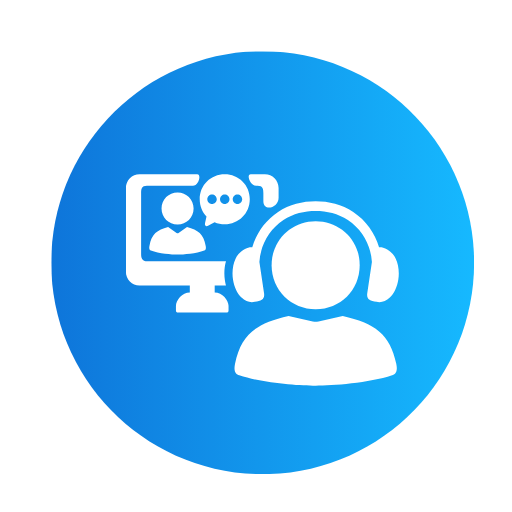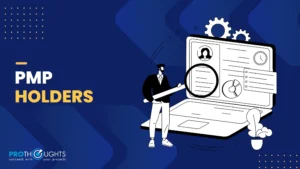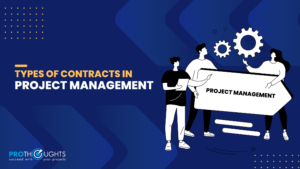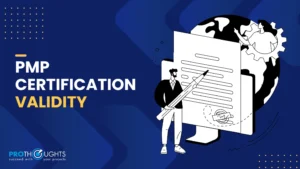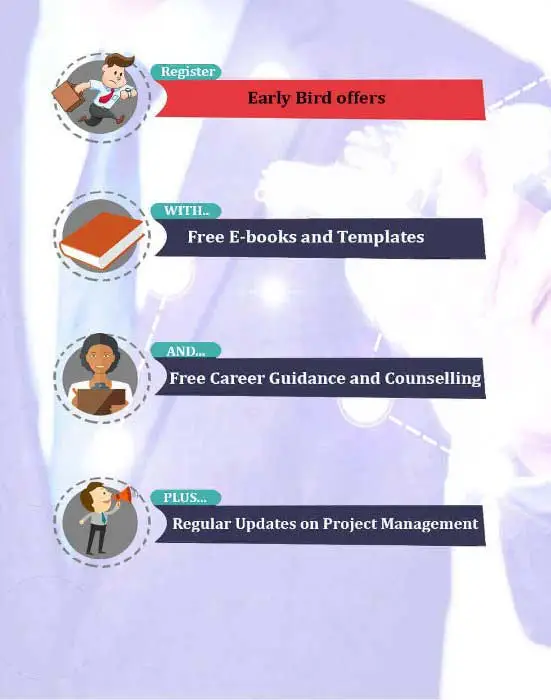Microsoft Project®Training
Succeed with your Projects by learning MS Project 2016 Tool.
• 16 Contact hours of Training
• Post Training support
• 8+ hours of hands-on practice through exercises


Instructor
Mr. Ninad Kulkarni
Methodology
Game Based
Modes Of Learning

Instructor Led Live Online Training
Interact with the instructor and the participants on a live basis, but through online medium.

E-Learning
Learn at your own flexible timings and at your convenience. Avail Free resources as well.
Course Details
This Microsoft Project 2016 training will provide you with a comprehensive overview of Microsoft Project 2016 functionality and features; and equip you with tools, techniques, and tips to use MS-project 2016 effectively to create and manage optimized project schedule efficiently, manage multiple project schedules and optimize resources across projects. The training will help you address the varied performance reporting needs of the stakeholders and always stay in control of the project. It will help you exploit Microsoft project features fully and thus free up your bandwidth to focus more on value-added activities such as ensuring strategic alignment of the project with dynamically changing objectives and environment, minimizing threats and exploiting opportunities, etc. and thereby enhancing the probability of managing and delivering complex projects successfully.
Key Giveaways
- Free pre-course counseling
- A case study based on 16 hours training
- 8+ hours of hands-on practice through exercises
- Take away course material/ access to the e-learning content
- 16 PDUs offered
- Post-training support
Key Takeaways
- Manage your work effectively and efficiently and take up additional responsibilities.
- Enhance your visibility within your organization and other project stakeholders
- Reach a higher pinnacle in your career
KEY DIFFERENTIATORS

TOP-NOTCH MATERIAL
"Featuring Reputed Study Materials by PMI, Rita Mulcahy Learning Solutions, and more."

GAMIFIED LEARNING
"Fun learning over rote learning with highly interactive, gamified project management lessons."

IN-HOUSE EXPERTS
"Strong backbone of in-house course instructors who are committed to your excellence."

END-TO-END SUPPORT
"PMI audit and Application assistance, mock exam analysis, and doubt-clearing sessions."

100% SUCCESS GUARANTEED
"Our resources, guidance, and support guarantee 100% success in the PMI certification exams."

FREE LMS ACCESS
"Complimentary access to recorded sessions and E-learning resources via our LMS portal."
Schedules
Microsoft Project 2016 (3 Days) Online
- Date: Kindly contact the consultant
Eligibility
Who should opt for this course?
The ideal candidate for the course is anyone who uses MS Project tool for the projects or who is going to use the MS Project tool in the future With the training and certification, the employer’s confidence in the candidates of managing the project increases manifold.
Requirements
- Experience in effectively modeling, scheduling, resourcing, communicating, collaborating on, and delivering projects using Project Pro for Office 365, SharePoint, and SharePoint Online.
- Basic knowledge of Microsoft® Project application
- Experience of working in any Project for a year that has followed a Project Management Framework.
WEBINARS
OUR COACHES
FAQs
The Microsoft certification code ID or the booking code is Exam 74-343
The duration of the exam will be two hours and fifteen minutes.
The advanced features of Project 2013 will be the focus area for this certification exam.
There are no prerequisite certificates to be obtained for this course.
The exam fee is not included in the course fee and the user will have to pay an exam fee to appear for the exam.
Yes. You will get 16 PDUs for this training.
On completing the training course, you will get a Course Completion certificate from ProThoughts. The Microsoft Project Professional certificate you will obtain post you appear for the exam.
BLOGS
REVIEWS
[/section]
Other Related Courses
HOW WE CAN HELP YOU?
